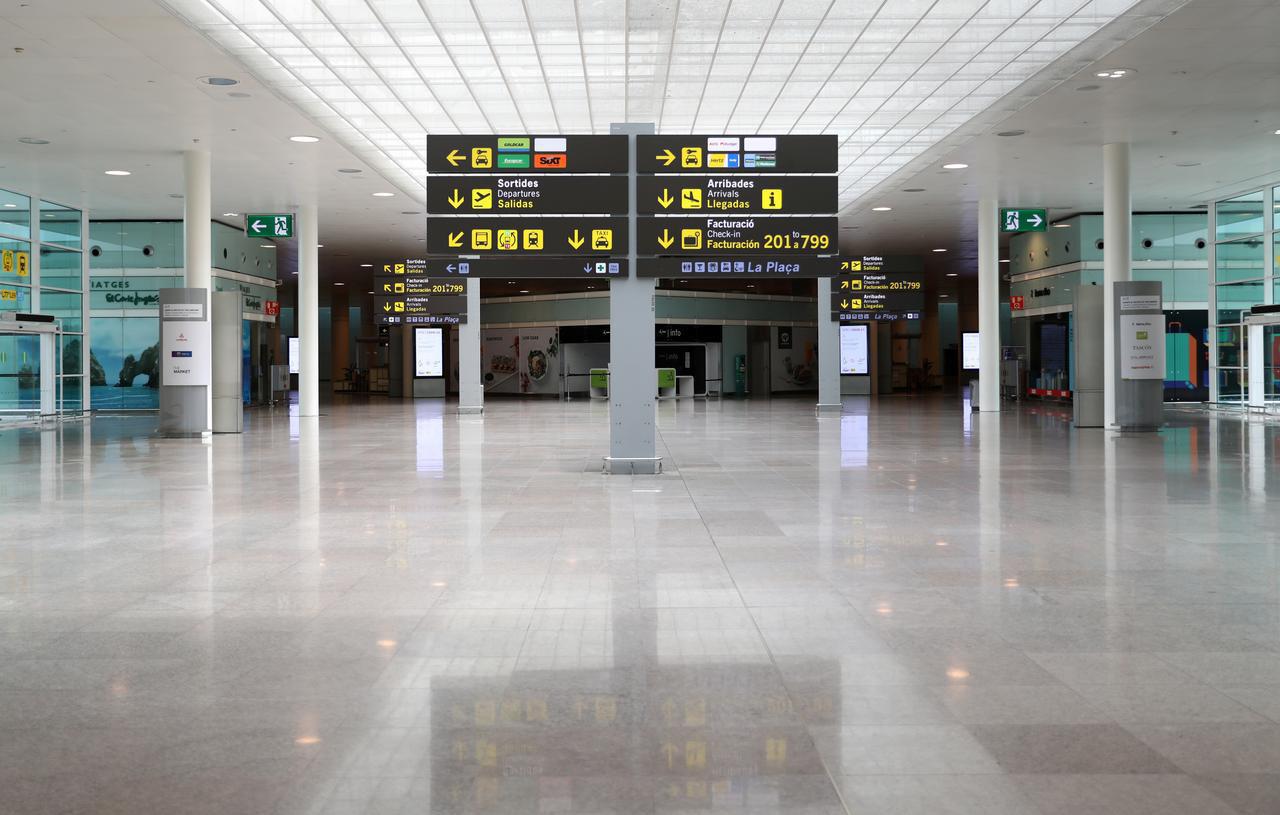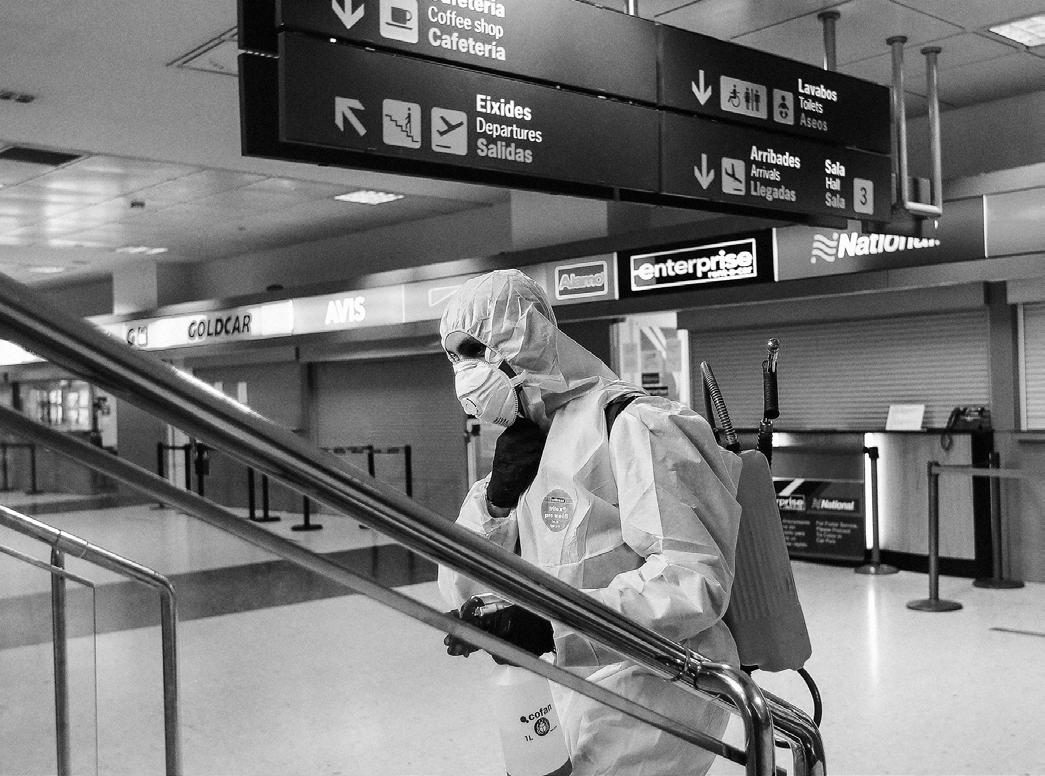
2 minute read
Covid-19 in Spain
The Coronavirus (COVID-19), an infectious disease that primarily affects the respiratory system, has escalated into a worldwide pandemic. It has caused mass shutdown, and has seen the closing of borders in over 100 countries around the world.

Advertisement
Despite Spain being “ahead of the curve” in relation to the United Kingdom, it has suffered significantly fewer deaths than the UK. The first case of Covid-19 in Spain was reported on 31st January 2020; since then it has reported a total of 26,920 deaths. The United Kingdom reported its first case on 29th January 2020 and has reached almost 32,000 deaths. This discrepancy in deaths is directly associated to the way in which the virus was dealt with in Spain in the short-term to midterm.
When travelling back to Spain, from the UK, an immediate difference between the two countries was the way in which the airports were functioning. Gatwick airport was still fully operational, despite most shops being closed and many workers simply wearing masks. In Málaga airport, once departing the plane, a small group of passengers that were travelling together were directed towards the customs office where every individual had to show proof of either residency or ownership of property in Spain – if not, he/she was sent back to the country of departure. Every Spanish worker was wearing a protective mask and gloves and many of them were in full hazmat suits, disinfecting the area around us with antibacterial spray. Once through customs, there was no getting lost; the entire airport was closed off besides the path towards baggage claim. When exiting the airport, it was noticeably quiet, and rather eerie. Police were scattered on many of the roads and there was an ubiquitous sense of unease and unpleasantness.
Another contrasting factor between the two countries was the attitude of the police force. In my experience, I have been far less intimidated by English police than Spanish ones. This difference is important, as it not only deters people from not following instructions, but it also enables governments to ensure that their enforced rules are abided by.
Overall, it was clear that the attitude towards the virus in England was far more laissez faire than the attitude of Spaniards. It is interesting to note that Spain was once under the ruling of the dictator Francisco Franco from 1936 to 1975. Although Franco’s reign ended years ago, it is clear that “Franco’s ghost still haunts Spain”. Because of this, many Spaniards are accustomed to a totalitarian way of life in which dictators set the rules. This way of life has immensely helped Spain swiftly recover from the devastating effects of COVID-19. Spaniards follow the rules and have reaped the benefits of cooperation.
Kaia Kaemmerlen, Ag, U6 th




